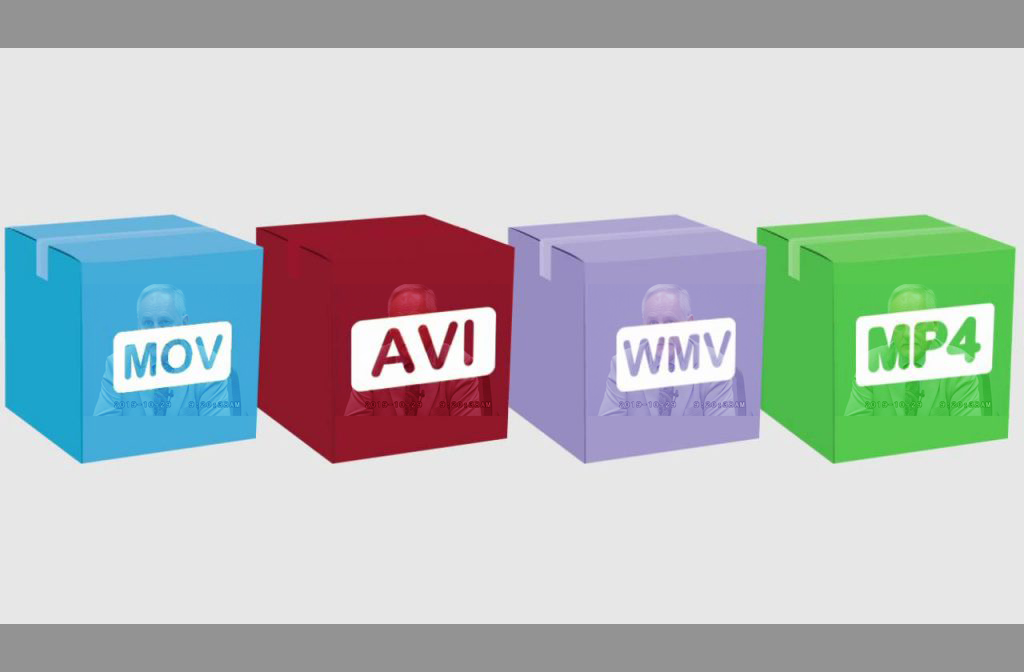About The Owner

Tim Falk, CLVS
My name is Tim Falk, and I’m the owner of Integrity Video LLC.
————————
I have been a legal videographer for over 12 years. I started my legal video career in Alabama, and now am serving the Colorado and Wyoming Front Range.
————————
When you work with an independent legal videographer such as myself, you know exactly who will be filming your deposition, and you save money by cutting out the middle-man (scheduling firms who mark up the video bill).
————————
Don’t sacrifice consistency or more cost to your client. We consistently produce the highest quality videos for the legal field. By taking a one-on-one approach for each job, Integrity Video continues to provide the best professional services at a fair price.
————————
I look forward to making your next video deposition the best yet. Schedule a deposition today (303) 630-9497 or office@integrityvideo.com.
TRANSCODING VIDEO
Need your video deposition in a different format? (719) 394-DEPO or (303) 630-9497 or click here to email
 It’s that dreaded part of the video deposition–you’re packing up and ready to leave when the videographer asks you, “And in which format would you like today’s video deposition?” The videographer rattles off a bunch of different options, and one of them sounds almost familiar, so you respond, “Yeah, let’s go with that.”
It’s that dreaded part of the video deposition–you’re packing up and ready to leave when the videographer asks you, “And in which format would you like today’s video deposition?” The videographer rattles off a bunch of different options, and one of them sounds almost familiar, so you respond, “Yeah, let’s go with that.”
However, two weeks later, your paralegal is complaining that the video won’t play on your system.
Never fear, Integrity Video can transcode the video into whichever format you need, even if the video wasn’t shot and produced by us. Simply give us a call or email us, and we would be happy to provide this service for you.
As you continue reading, you’ll find that it can be tricky to know which file format is best for your needs. That being said, here’s a little advice on which video format you should request:
- If you anticipate needing to edit the video for trial, choose to have the video synched to the transcript at the time it is being produced. Never fear, this can always be done later closer to trial, but there is less stress getting that part done now, rather than when everyone is pressed for time when designations have been decided.
- Most trial presentation software today (TrialDirector, etc) supports MPEG-4 synched to the transcript, so this is the default deliverable to you. MPEG-4 is the latest version of MPEG video files. It does the best job compressing the video file (smaller file size) while keeping a very nice-looking video with the least amount of pixelation, blocking, etc. MPEG-4 can be delivered in either hi-definition or standard definition. There is no difference in cost with Integrity Video. Many attorneys still prefer standard definition, because it is not widescreen, so there are less distractions present in the video. However, hi-definition produces a much cleaner picture. If you’ve always used standard definition, but want to try out hi-definition, you can always order hi-definition, and if you don’t like the extra room on the sides, we can convert to standard definition at no extra charge.
- If your presentation software doesn’t support MPEG-4 files, the next best quality file format is MPEG-2 (an older version of MPEG files). However, Windows Home operating systems don’t have the MPEG-2 codec automatically installed, while Windows Pro operating systems do. Even so, by simply downloading and installing a free media player, VLC Media Player, the codec for MPEG-2 will be installed on your computer, and you are good to go. Just make doubly sure that whichever computer you are using for trial has the codec installed.
- If, for some reason, you cannot use either MPEG-4 (due to incompatibility with trial presentation software) or MPEG-2 (due to not having that codec available on your system), the last resort option is to request MPEG-1. It is the oldest MPEG video file format, and is significantly lower in quality. You simply will not have the higher quality video presentation with small file sizes for video. As a result, we would advise that your videographer use a high bitrate to produce your MPEG-1 video files, even though that means larger file sizes. Otherwise, the video will look very blocky and pixelated. (There is no extra cost for higher bit rate.) After spending all that money to have the deposition video-recorded, it would be a shame if the jury is distracted by poor-quality video at trial.
- A few attorneys are still requesting DVDs for their video depositions. This could be due to the fact that courtrooms don’t have the ability to play video files by laptop, computer or tablet, but only by standalone DVD players. If this is the case, make sure you request a DVD in conjunction with your MPEG copy.
If you still have questions about the best video format for your needs, do not hesitate to get in touch with us. And remember, we can transcode video into whichever of these formats you need–or even other less-common formats for those special outlier occasions.
Need your video deposition in a different format? (719) 394-DEPO or (303) 630-9497 or click here to email
